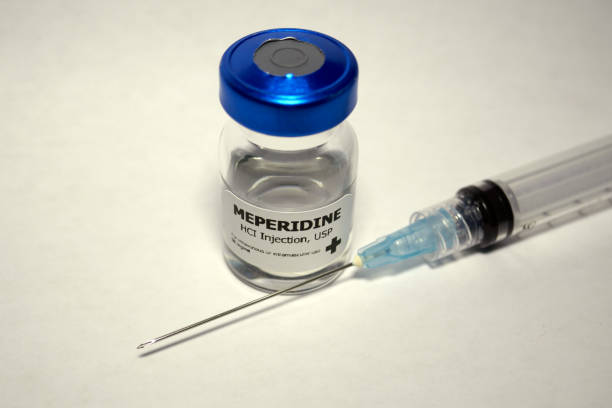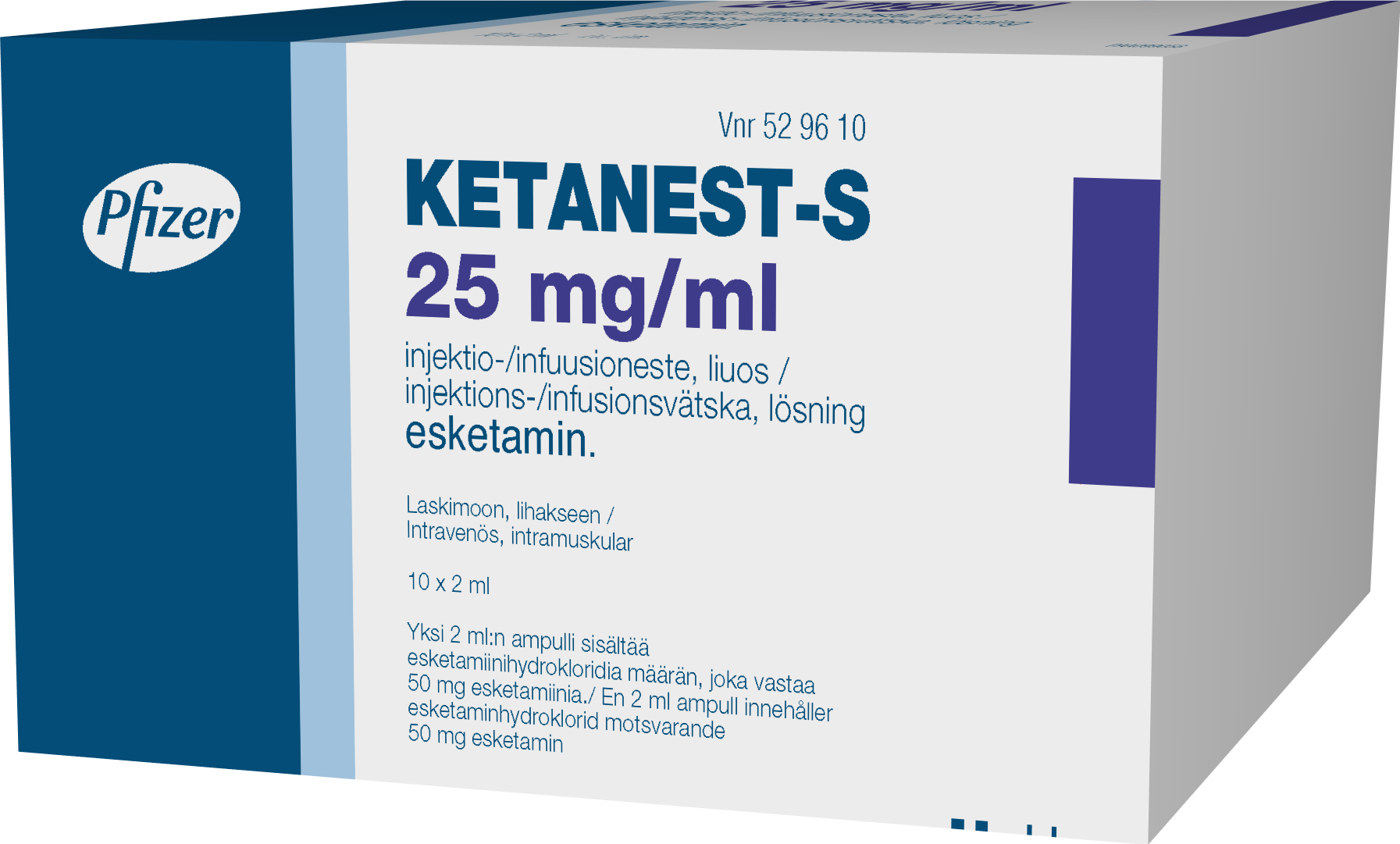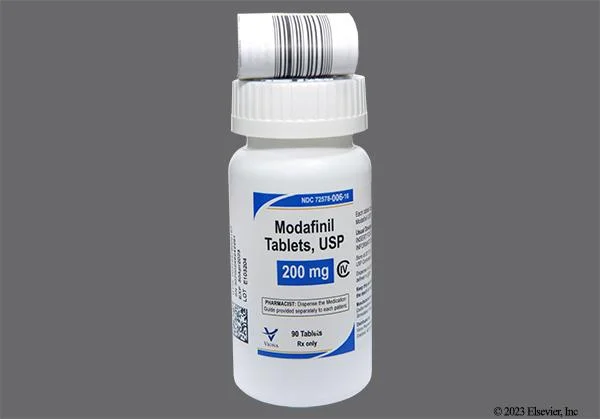A Comprehensive Guide to Meperidine Hydrochloride: Uses and Dosage
Introduction
Meperidine hydrochloride, commonly known as meperidine, is a prescription medication that belongs to the class of drugs called opioid analgesics. It is primarily used for the management of moderate to severe pain. In this comprehensive guide, we will discuss the uses, dosage, side effects, and precautions associated with meperidine hydrochloride.
Uses of Meperidine Hydrochloride
-
Pain Management: Meperidine hydrochloride is commonly prescribed for the management of moderate to severe pain. It is often used in hospitals or healthcare settings, particularly after surgery or for acute pain conditions.
-
Labor Pain: Meperidine hydrochloride may also be used to provide pain relief during labor. However, its use in this context is generally limited and other pain management options, such as epidural anesthesia, are often preferred.
Dosage and Administration
The dosage of meperidine hydrochloride will depend on various factors, including the severity of the pain, the patient's age, weight, and overall health condition. It is crucial to follow the prescribing healthcare professional's instructions and not exceed the recommended dosage.
Meperidine hydrochloride is typically administered orally, intravenously, or via intramuscular injection. The dosage and route of administration will be determined by the healthcare professional based on the individual patient's needs.
Side Effects
As with any medication, meperidine hydrochloride can cause side effects. Common side effects may include:
- Nausea and vomiting
- Dizziness or lightheadedness
- Drowsiness or sedation
- Constipation
- Dry mouth
- Sweating
These side effects are generally mild and temporary. However, if they persist or worsen, it is essential to inform your healthcare professional.
Meperidine hydrochloride is an opioid medication, and it carries a risk of more serious side effects, including respiratory depression, addiction, and physical dependence. It is important to use this medication as prescribed and to be aware of the signs of opioid overdose, such as slowed breathing, extreme drowsiness, or loss of consciousness. If you experience any severe or concerning side effects, seek immediate medical attention.
Precautions and Contraindications
Meperidine hydrochloride should be used with caution and under the supervision of a healthcare professional. It is important to inform your healthcare professional if you have any of the following:
- Allergies or hypersensitivity to meperidine or any other opioids
- History of substance abuse or addiction
- Respiratory conditions, such as asthma or chronic obstructive pulmonary disease (COPD)
- Liver or kidney disease
- Seizure disorder or epilepsy
- Hypothyroidism or adrenal insufficiency
Meperidine hydrochloride is contraindicated in patients with a known hypersensitivity to meperidine or any of its components. It should not be used in patients with severe respiratory depression or in those who have received or are receiving monoamine oxidase inhibitors (MAOIs) within the past 14 days.
Conclusion
Meperidine hydrochloride is a prescription medication commonly used for the management of moderate to severe pain. It is generally administered orally, intravenously, or via intramuscular injection. It is important to follow the prescribed dosage, be aware of potential side effects, and inform your healthcare professional of any pre-existing medical conditions or medications you are taking.
As an opioid medication, meperidine hydrochloride carries a risk of side effects, including respiratory depression, addiction, and physical dependence. It should be used with caution and under the supervision of a healthcare professional.
If you have any concerns or questions about meperidine hydrochloride, consult with your healthcare professional for personalized advice.





